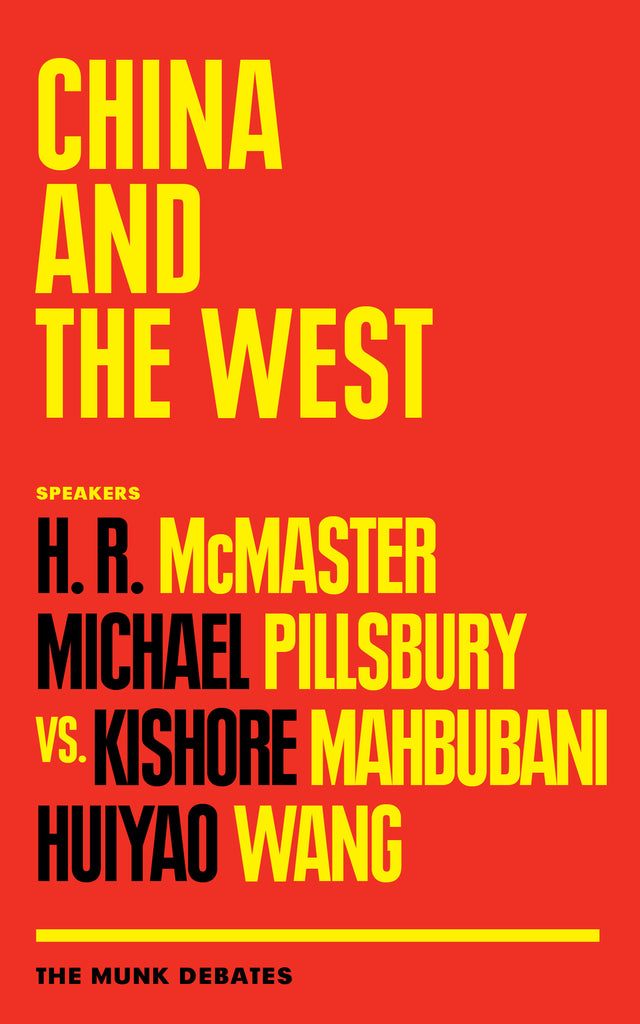The twenty-fourth semi-annual Munk Debate, held on May 9, 2019, pits former Assistant to the President for National Security Affairs H. R. McMaster and Director for Chinese Strategy at the D.C.-based Hudson Institute think tank Michael Pillsbury against former President of the United Nations Security Council Kishore Mahbubani and president of one of China’s top independent think tanks, the Center for China Globalization, Huiyao Wang to debate the threat of China to the liberal international order.
Increasingly in the West, China is being characterized as a threat to the liberal international order, one that must be overcome through economic, political, technological, and even military means. For those who believe that the policies of the Chinese Communist Party pose a threat to free and open societies, the U.S. and like-minded nations must band together to preserve a rules-based international order. For others, this approach spells disaster; it ignores the history and dynamics propelling China’s rise to superpower status. Rather than threatening the post-war order, China is its best, and maybe only, guarantor in an era of declining U.S. leadership, increased regional instability, and slowing global growth.
The twenty-fourth semi-annual Munk Debate, held on May 9, 2019, pits former Assistant to the President for National Security Affairs H. R. McMaster and Director for Chinese Strategy at the D.C.-based Hudson Institute think tank Michael Pillsbury against former President of the United Nations Security Council Kishore Mahbubani and president of one of China’s top independent think tanks, the Center for China Globalization, Huiyao Wang to debate the threat of China to the liberal international order.
Increasingly in the West, China is being characterized as a threat to the liberal international order, one that must be overcome through economic, political, technological, and even military means. For those who believe that the policies of the Chinese Communist Party pose a threat to free and open societies, the U.S. and like-minded nations must band together to preserve a rules-based international order. For others, this approach spells disaster; it ignores the history and dynamics propelling China’s rise to superpower status. Rather than threatening the post-war order, China is its best, and maybe only, guarantor in an era of declining U.S. leadership, increased regional instability, and slowing global growth.
| Published By | House of Anansi Press Inc — Nov 5, 2019 |
| Specifications | 144 pages | 5 in x 8 in |
| Keywords | liberal international order; globalization; international relations; debate transcript; munk debate; current events; coming of age; communism; global domination; superpower; autocracy; twentieth century; 20th century; geopolitical climate; political science; poli sci; interviews; Political Correctness; Is American Democracy in Crisis?; Is this the End of the Liberal International Order?; |
|
Supporting Resources
(select item to download) |
Excerpt |
| Edited by |
Rudyard Griffiths is the co-organizer and moderator of the Munk Debates. He is also the co-founder of the Dominion Institute, co-director of the Grano Speakers Series, and author of Who We Are: A Citizen's Manifesto. He lives in Toronto. |
| Edited by |
|
Rudyard Griffiths is the co-organizer and moderator of the Munk Debates. He is also the co-founder of the Dominion Institute, co-director of the Grano Speakers Series, and author of Who We Are: A Citizen's Manifesto. He lives in Toronto. |

